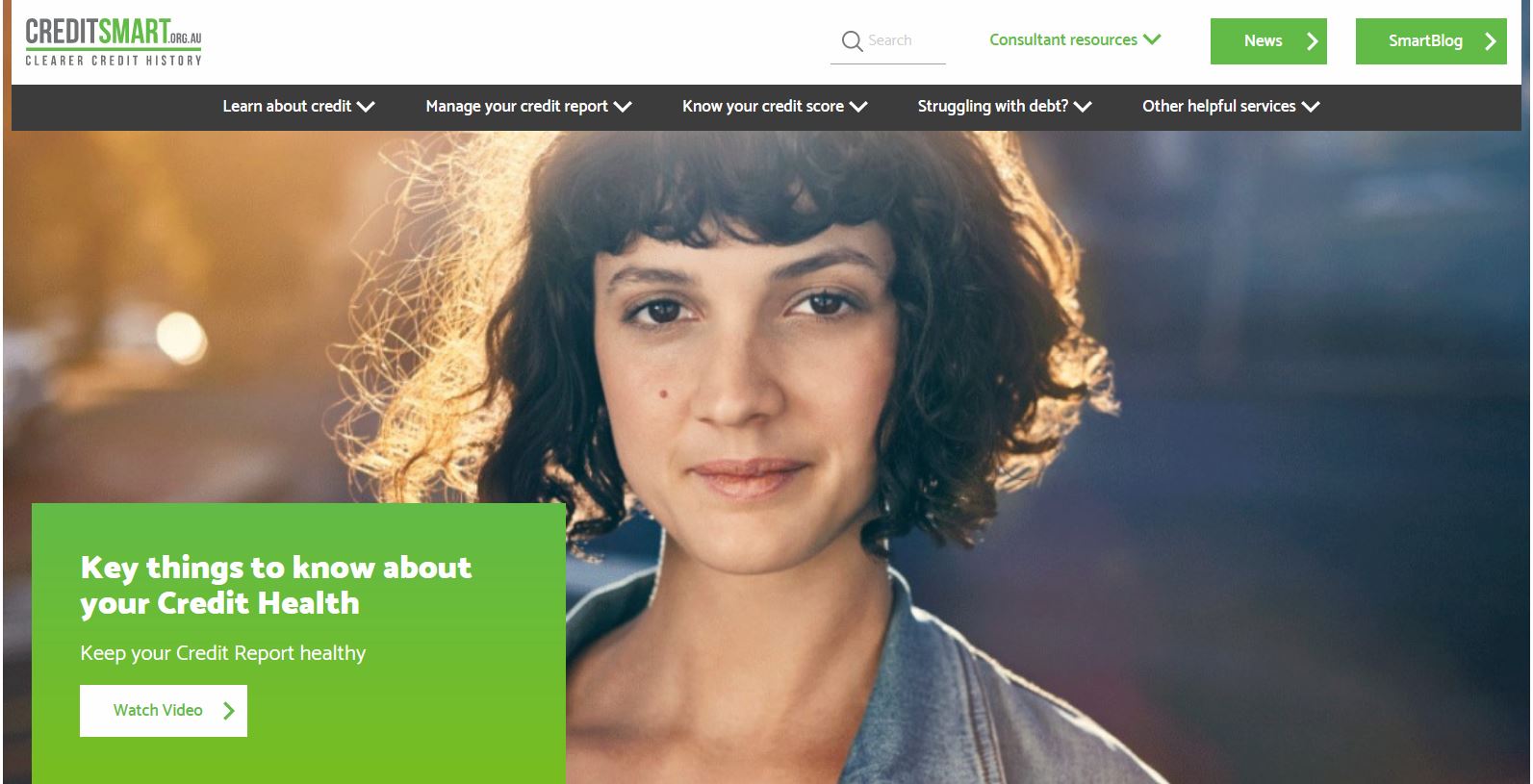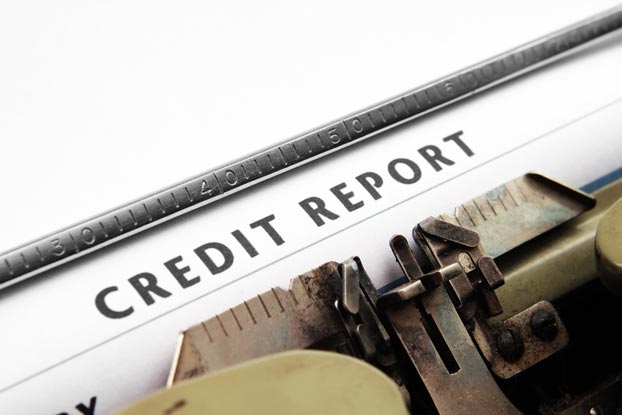Australian women are missing opportunities to optimise their credit health and make themselves look good to lenders, according to research from consumer education website, CreditSmart.
The study was conducted online between 15-18 March 2018, with a sample size of 1,026 of Australians aged 18 years and older throughout Australia, out of which 51% of the sample were women.
A huge 89% of women are unaware of changes currently happening in the credit reporting system, and a third of these feel the changes will not impact them in any way. A quarter of Australian women are completely unaware of what a credit score is, and 65% have never checked their credit report.
Rebecca Murray, General Manager of Australian Retail Credit Association (ARCA), which founded CreditSmart, said the results showed a worrying gap in women’s knowledge of their credit health.
It is really important for women to be across these upcoming changes, so they can take advantage of the changes rather than potentially be negatively impacted”, Ms Murray said.
“Going forward, your credit report will become a personal asset which will hold you in good stead for when you need to take out a loan, as lenders will be able to track your account repayment habits on your accounts to assess your creditworthiness,” Ms Murray said.
It is important to understand that your credit score and credit report are both indicators of your credit health. Our research found that men are overall 10% more likely to check their credit report compared to women.
The research, undertaken by YouGov Galaxy, was done ahead of important changes to Australia’s credit reporting system which will see lenders move to comprehensive credit reporting (CCR). As part of this, the Government has introduced legislation that will mean the four major banks will be required to supply half of their customers’ comprehensive credit reporting data with credit reporting bodies by this September and the rest by September 30 next year, to ensure lenders have a complete picture when those individuals apply for credit.
Optimise your credit health
CreditSmart research found that 55% of women either don’t know or have incorrect perceptions on the cost of accessing a copy of their credit report.
Ms Murray stresses the importance of knowing your credit rights, which includes free access to your credit report annually from each of the credit reporting bodies.
“How to use credit responsibly is everybody’s business, irrespective of gender. People with good credit health will be rewarded with more choices of loan products and possibly lower interest rates, so get to know your credit report, fix it if there is something wrong and pay your accounts on time to get the credit you want, when you need it,” she added.
For information on how to optimise your credit health, Ms Murray suggested women should go to the CreditSmart website (http://www.creditsmart.org.au), set up by credit experts to help you understand how recent credit reporting reforms affect you.
CreditSmart has five top tips for keeping your credit report healthy:
- Know what’s on your credit report: You can get a free copy of your credit report annually from each of the three main credit reporting bodies Experian, Illion (formerly Dun & Bradstreet), and Equifax.
- Keep track of your credit score: Your credit score is like a summary of what’s on your credit report and can give you a quick indication of how credit providers see you. For free credit scores you can refer to CreditSmart.
- Don’t let forgetfulness make you miss payments: Talk to your credit provider about setting up an automatic payment, i.e. direct debit, to make sure your regular payments are paid on time.
- Fix anything that is incorrect: If you think something is incorrect, you can ask any credit provider or credit reporting body for help to fix that error, so long as they hold some kind of personal credit information about you. This is a free service.
- Only borrow what you need: Having too much credit may make it harder for you to get credit for what you really need. If you have more credit than you can comfortably afford, try to close any accounts that you don’t use or decrease your credit limit. Your credit report will show credit providers how much credit you have available, even if you don’t use it.


